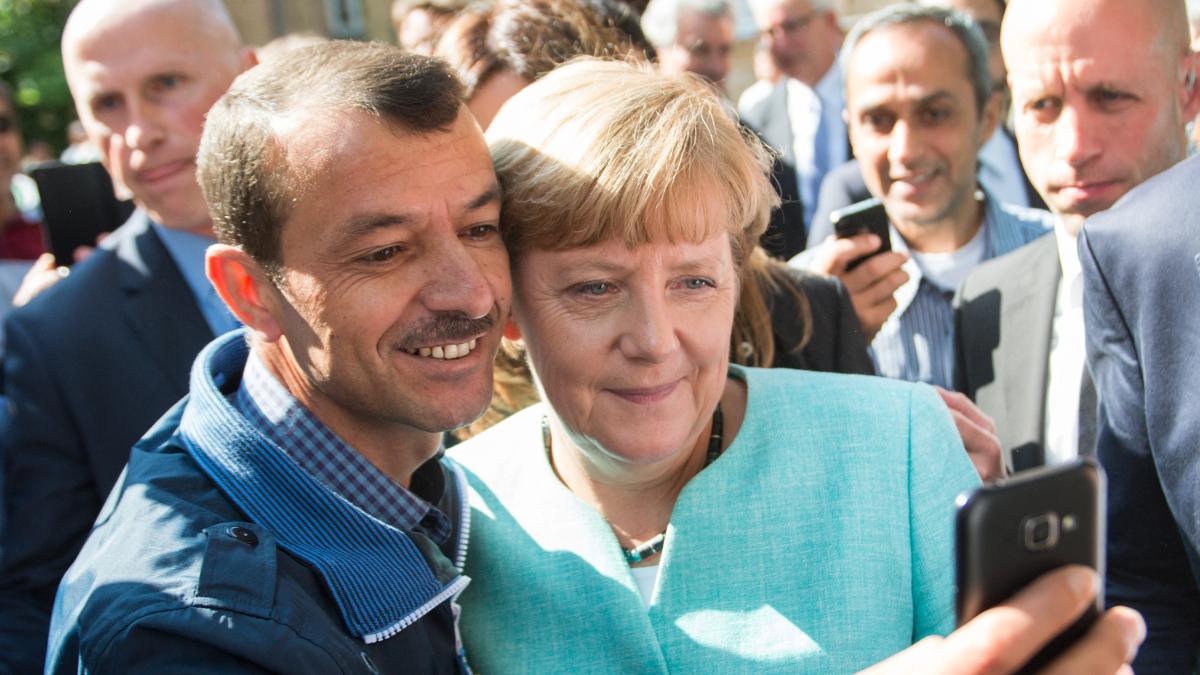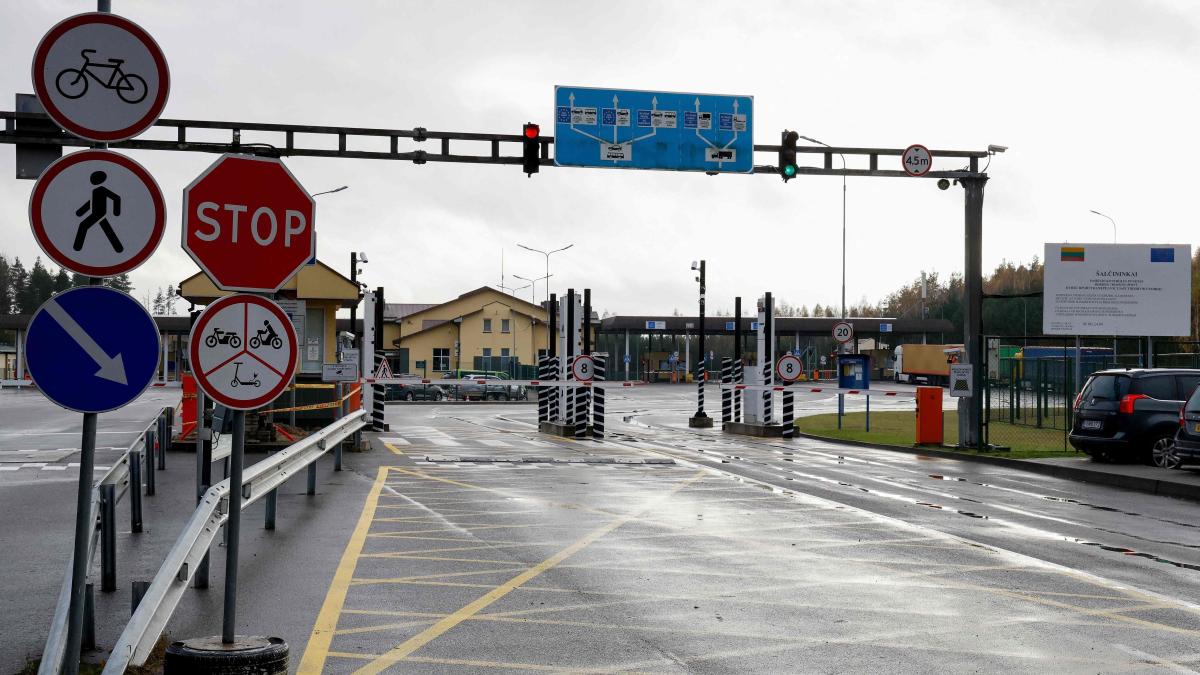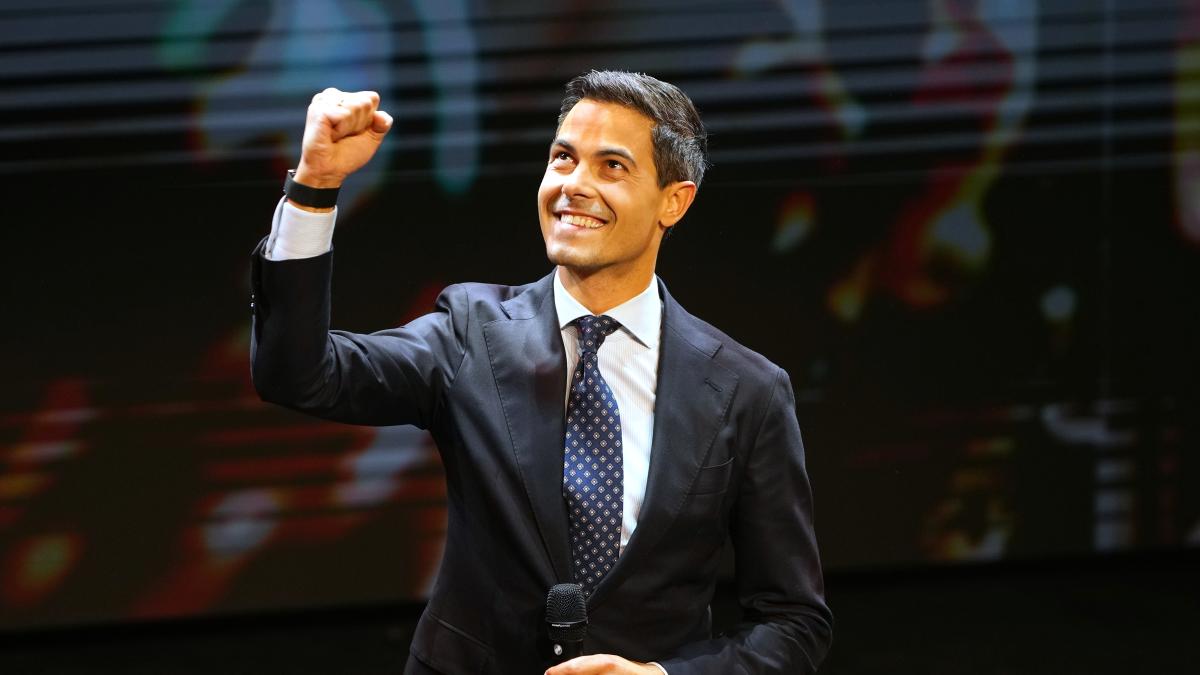“`html
Ten Years Since Merkel’s Controversial “We Can Achieve It” Statement
August 31, 2015 marked a pivotal moment in Germany’s history. Back then, Chancellor Angela Merkel boldly declared, “We can achieve it!” This statement innocently urged Germans to embrace a massive influx of migrants, a decision that has since sparked a wildfire of debate—both fierce admiration and deep resentment—across the nation. Fast-forward ten years, and Germany finds itself engulfed in crisis, with the shadows of the so-called Welcome Culture haunting its streets.
The Human Tide of 2015
As that unforgettable summer came to a close, an unprecedented wave of refugees—men, women, and children fleeing the brutality of war in Syria, Iraq, and Afghanistan—marched onto European soil. They hoped to find safety in Germany, the land of promise. However, thanks to misguided EU regulations, these desperate souls were initially trapped at Budapest’s train station. Just four days post-Merkel’s iconic proclamation, Germany’s borders swung open.
What followed was a staggering migration crisis, with over a million asylum seekers storming into Germany between 2015 and 2016. While some embraced this influx as an opportunity for cultural enrichment, the ultra-right Alternative for Germany (AFD) party gained ground, feeding off the fear and anger brewing among Germans who felt their homeland was slipping away.
Merkel’s Reckless Decision
The question I asked myself was: should we now try to seal our borders? Do I use water cannons to keep these refugees out? – Angela Merkel
Such was the dilemma faced by Merkel when she made her infamous decision. Initially championed by her party, it didn’t take long for her to feel the backlash. As reality set in, it became clear that managing this new wave of immigration could cost her politically.
In a desperate attempt to regain control, Merkel orchestrated the EU-Turkey deal of March 2016, effectively paying Turkey to stem the tide of irregular migrants crossing into Greece. Yet she admitted, “asylum procedures had to be opened, and those who did not qualify had to leave.”
From Merkel to Merz: A Shift in Stance
Fast forward to today, and Merkel’s former party is embracing a new narrative. The current Chancellor, Friedrich Merz, openly critiqued Merkel’s approach, stating, “We have clearly failed in the areas she referred to.” As a response, police controls at borders have intensified, with a notable drop in migration—by nearly 50% in the first half of 2025, according to the Federal Office of Migration and Refugees (BAMF).
The sentiment among the populace? Strongly in favor of a crackdown: a recent survey revealed that 68% of Germans believe that asylum acceptance should be greatly limited.
The Costs and Consequences of Open Borders
The balance sheet of the last decade is mixed. While many expound on the virtues of diversity, the reality is stark: public services are strained, and housing is in chaos. What’s more, the recent influx of about 1.3 million Ukrainian refugees has added to the strain, overwhelming local municipalities.
- Support for tighter immigration laws is at an all-time high.
- Many communities report being at their limits.
- Unemployment rates remain a ticking time bomb.
Statistics surrounding labor integration are promising, but they don’t tell the whole story. While 64% of refugees from 2015 have found jobs, a staggering 44% remain dependent on social benefits, breeding resentment among native Germans. As crime rates involving foreigners spike, fear grows among residents—blurring the lines between reality and rhetoric.
Has Germany, through its misguided leadership, endangered its very identity?
“`













Leave a Reply